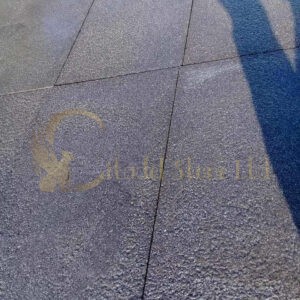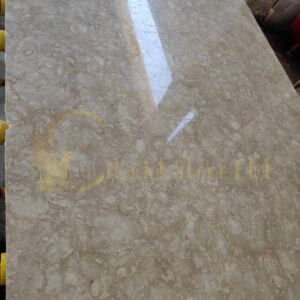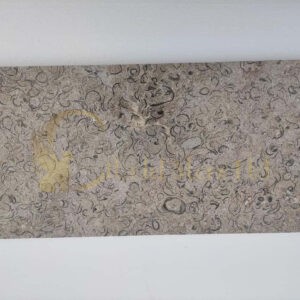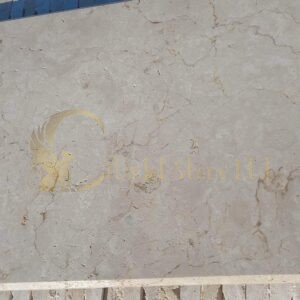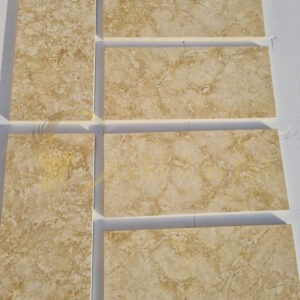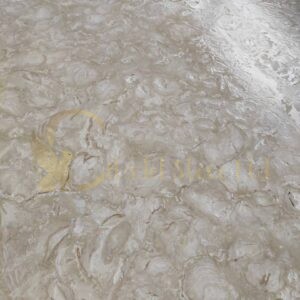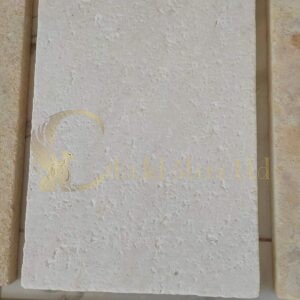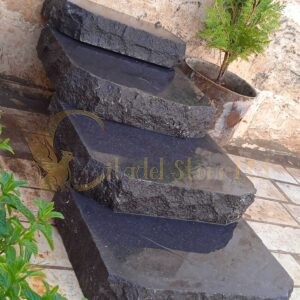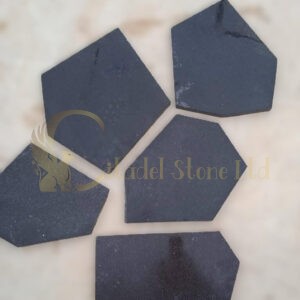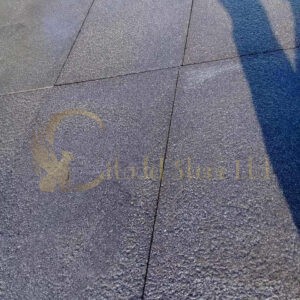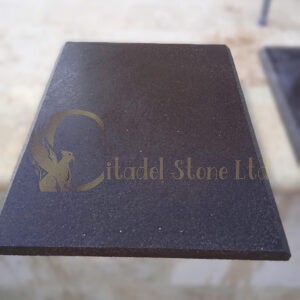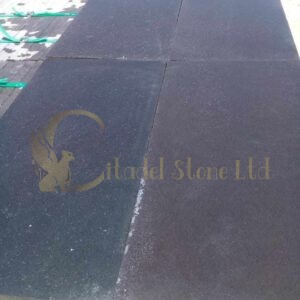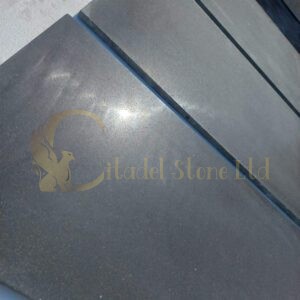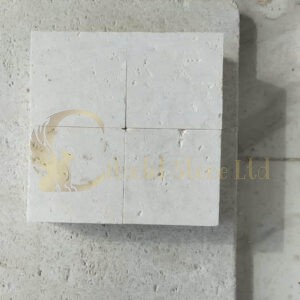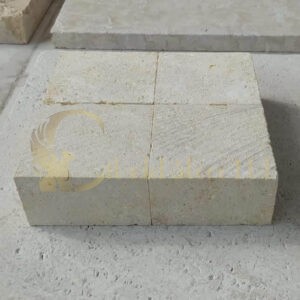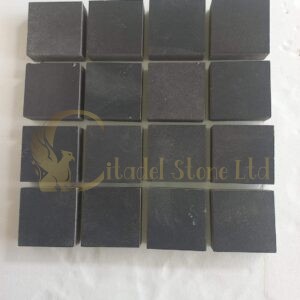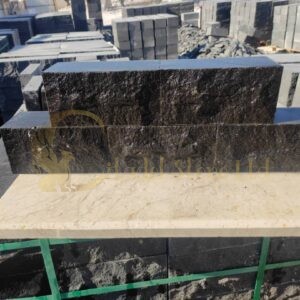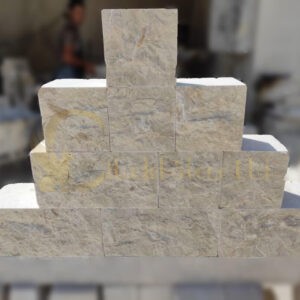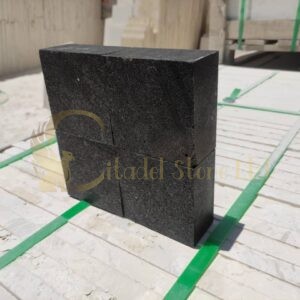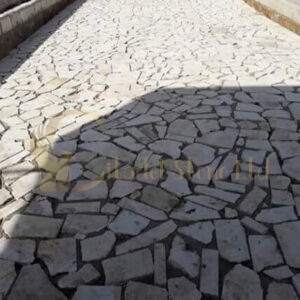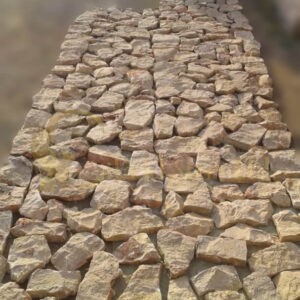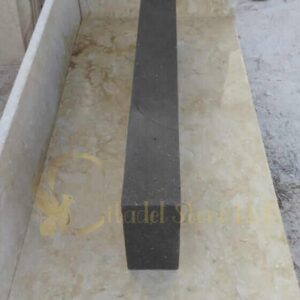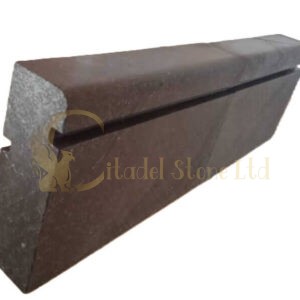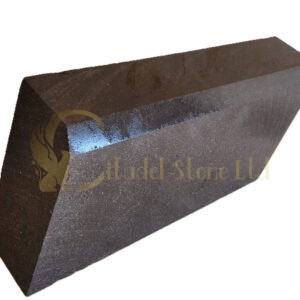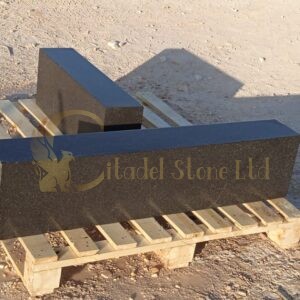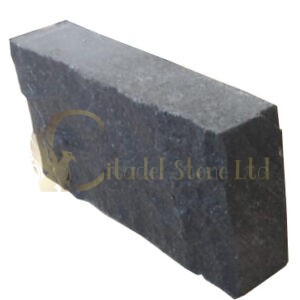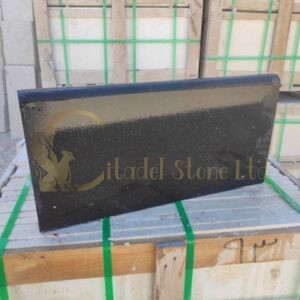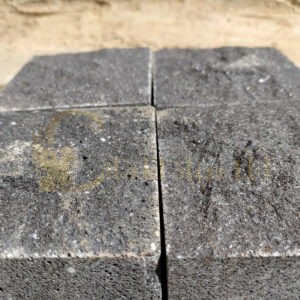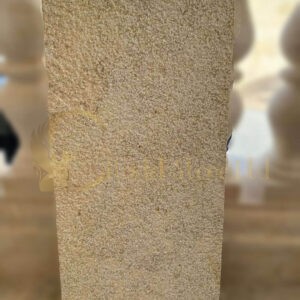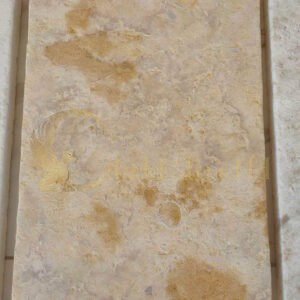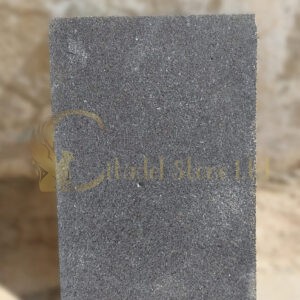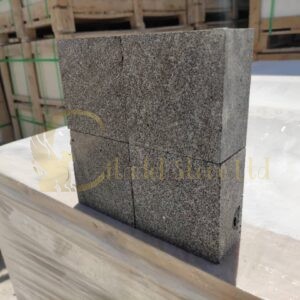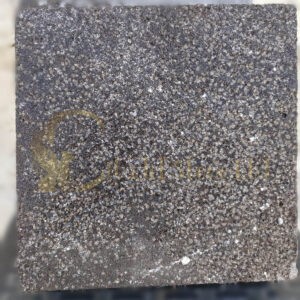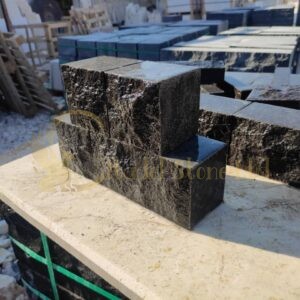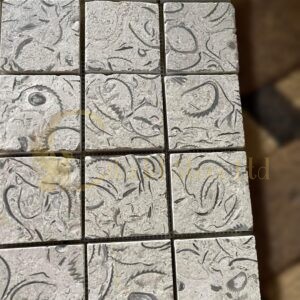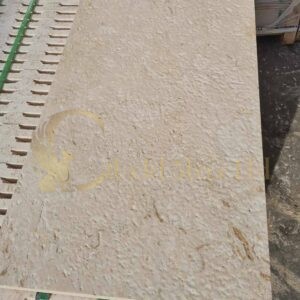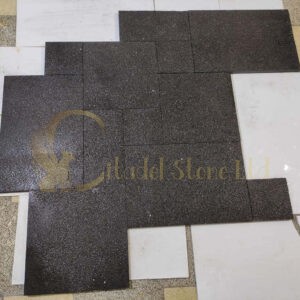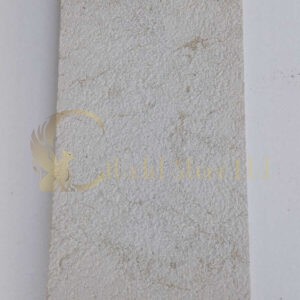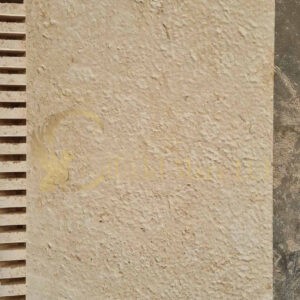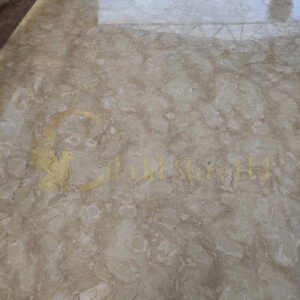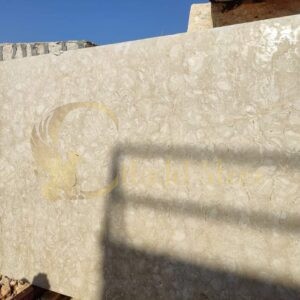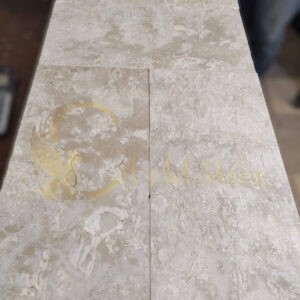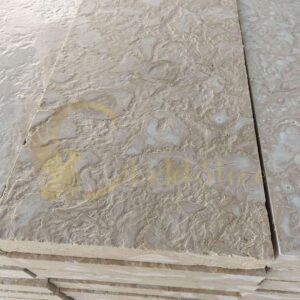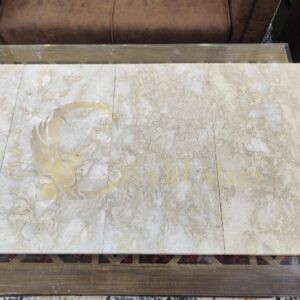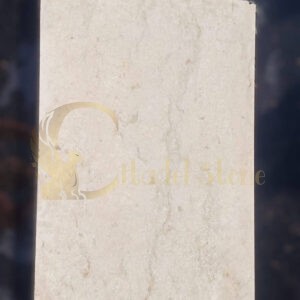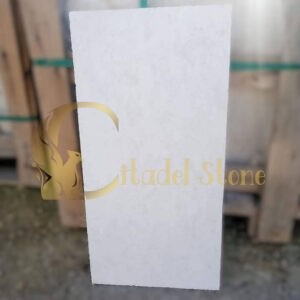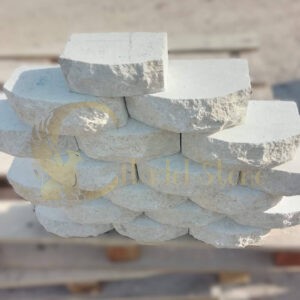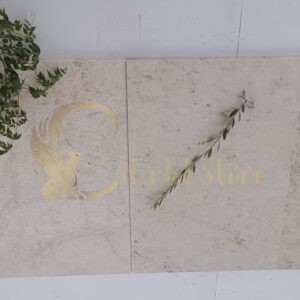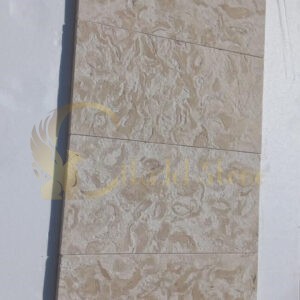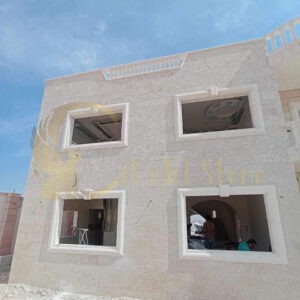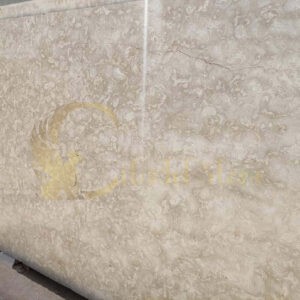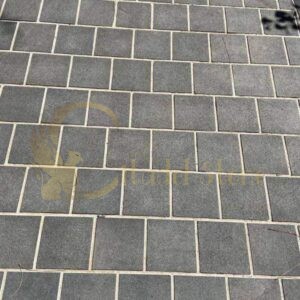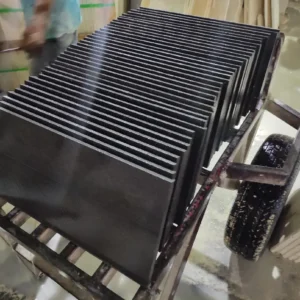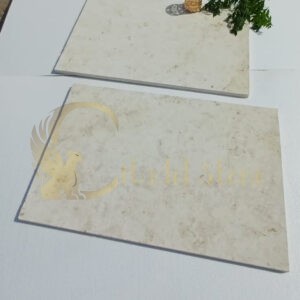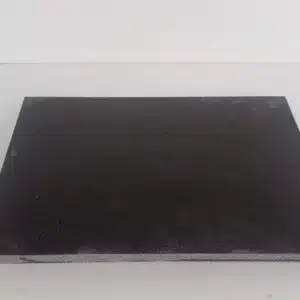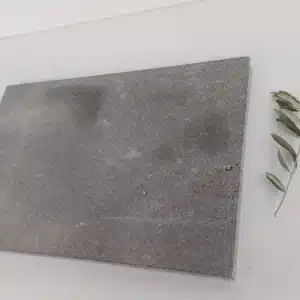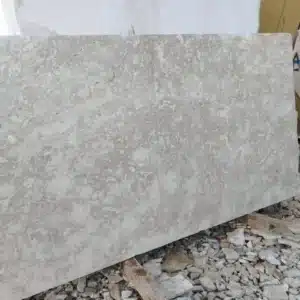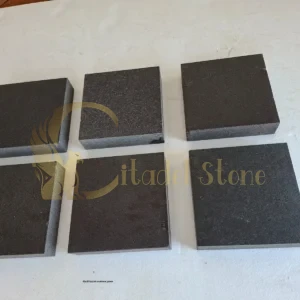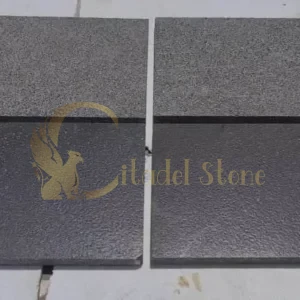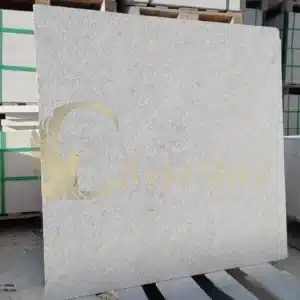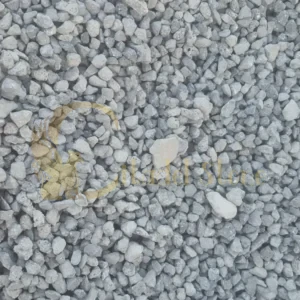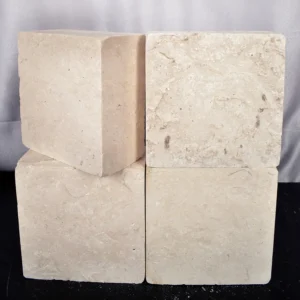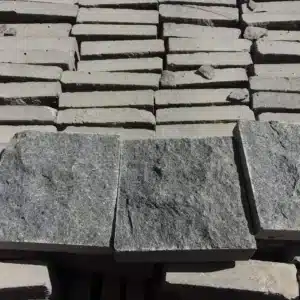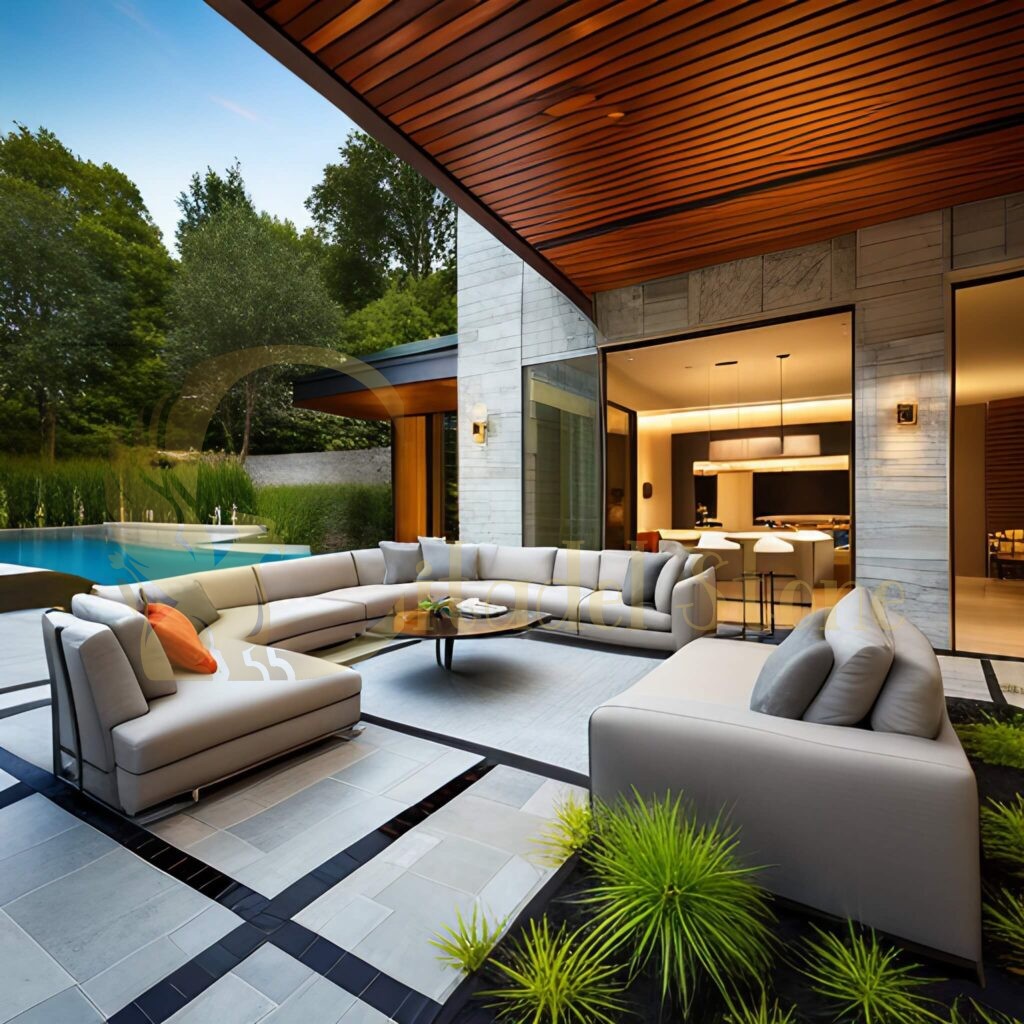Looking for pavers near you in Arizona?
Citadel Stone is a wholesale limestone and black basalt.
Elevate your home’s value! Discover the best Arizona natural stone tiles for lasting beauty & durability.

In the vast and dynamic landscapes of Arizona, choosing the right top-rated Arizona stone pavers for your outdoor spaces is not merely a matter of aesthetic preference but a practical decision that affects durability, maintenance, and the overall integrity of your home’s architecture. The unique Arizona climate, characterized by scorching temperatures, minimal rainfall, and occasional frost, necessitates a thoughtful consideration of the materials used in landscaping projects. This guide, armed with insights on “Best pavers for Arizona climate” and “durable pavers in Arizona,” aims to equip homeowners, landscapers, architects, and builders with the knowledge to select the ideal paving solutions for their needs.
Key Takeaways: Citadel Stone Arizona Pavers
- Understanding Arizona’s Climate: Before selecting pavers for any landscaping project in Arizona, it is crucial to recognize the impact of the state’s distinct climate, including its high temperatures, limited precipitation, and the potential for frost. These conditions play a significant role in the selection of appropriate materials.
- Material Durability: Opting for materials that can withstand the harsh Arizona climate without significant wear or degradation is paramount. The guide provides essential insights into materials that offer longevity and maintain their appearance over time.
- Maintenance Requirements: Maintenance is a critical aspect to consider. This guide helps in identifying paving solutions that require minimal upkeep, saving time and resources for homeowners and facility managers alike.
- Aesthetic and Practical Considerations: Beyond functionality, aesthetics play a significant role in the selection of pavers. This document assists in finding a balance between choosing materials that complement the architectural style of the property while ensuring practical benefits.
- Comprehensive Resource: Aimed at a wide audience, including homeowners, landscapers, architects, and builders, this guide serves as an authoritative resource for making informed decisions on paving materials suitable for Arizona’s challenging environment.
Introduction to Arizona’s finest pavers

The importance of selecting the right smooth finishes with expertly crafted pavers can’t be overstated, especially in a climate as challenging as Arizona’s. With the potential to transform your property’s outdoor living areas, the choice of pavers requires an understanding of the types available and their compatibility with the local environment.
Types of Pavers for Arizona Landscapes
The three main types of pavers considered most suitable for Arizona’s environment include concrete pavers, weather-resistant natural stone pavers for year-round use, and clay brick pavers. Each offers a distinct set of characteristics in terms of durability, color options, and costs which we shall explore in detail.
Concrete pavers

Embrace the Arizona lifestyle with the timeless appeal and enduring strength of concrete pavers. Engineered to withstand the state’s unique climate, these versatile stones offer a perfect solution for patios, walkways, driveways, and pool decks.
Here are some main points about concrete pavers to help you choose Arizona’s outdoor spaces:
- Arizona’s intense heat and sun can wreak havoc on traditional concrete. Concrete pavers are built to last, resisting cracking, fading, and heat damage for years to come.
- Weatherproof Performance: Don’t let Arizona’s occasional monsoon showers dampen your outdoor fun. Concrete pavers are limited to moisture, ensuring a short-term investment, and may have a low-maintenance solution.
- Limited Design Options: Classic elegance, concrete pavers come in a limited array of colors, textures, and styles. Creating a custom design that complements your Arizona home’s architecture and personality might be restricted to some possible designs.
- Personalized Touch: The manufacturing process of concrete pavers allows for some customization options. You can choose from certain shapes, sizes, and patterns to create a truly unique and personalized outdoor space.
While concrete pavers offer a cost-effective option for outdoor spaces, other materials like natural stone may provide a unique aesthetic and potential long-term value. Consider all your options, including the lifespan, maintenance requirements, and overall design goals for your Arizona landscape.
Limestone Pavers: Unveiling the Timeless Beauty and Strength of Nature’s Masterpiece

High-quality limestone pavers for residential and commercial use, crafted from the very essence of time, transcend mere function to become an embodiment of both geological wonder and enduring performance. Their majestic formation, a testament to centuries of natural processes, begins with the accumulation of marine organisms on ancient seabeds. These sediments, compressed and transformed over millennia, give rise to a natural stone of unparalleled beauty and resilience. Here are the benefits of Limestone Pavers:
- Enduring Strength: Nature’s engineering marvel, limestone pavers boast exceptional durability. They can withstand significant weight, harsh weather conditions, and even extreme temperatures, making them ideal for Arizona’s unique climate.
- Timeless Aesthetic Appeal: Limestone’s natural beauty, honed by time, offers an unmatched elegance. The captivating variations in color, texture, and fossil inclusions create a one-of-a-kind look that elevates any outdoor space.
- Unparalleled Versatility: Limestone pavers come in a wide range of colors, from warm creams and beiges to dramatic grays and blacks. This spectrum, combined with various finishes (honed, tumbled, sandblasted), allows for limitless design possibilities.
- Sustainable Choice: While responsible quarrying practices are crucial, limestone’s natural lifespan minimizes the need for replacements, contributing to sustainable building practices.
- Low Maintenance: Limestone pavers with a natural, sophisticated appeal like the Stain-resistant Shell Stone for long-lasting appeal and premium black basalt for timeless designs require minimal maintenance compared to other materials. Regular cleaning and occasional sealing can ensure their enduring beauty for decades.
- Heat-resistant pavers Arizona: Arizona’s scorching summers pose no threat to limestone pavers. They absorb and radiate heat less efficiently than other materials, creating a cooler surface underfoot.
- Slip Resistance: The natural texture of limestone pavers like reliable Ocean Reef Shellstone for all-weather durability and basalt tiles with bush hammer surface provides excellent slip resistance, even when wet, ensuring safety around pools, patios, and walkways.
- Natural Drainage: Limestone’s inherent permeability allows for efficient water drainage, minimizing the risk of standing water and potential damage to your outdoor space.
- Investing in Limestone Pavers: A Long-Term Commitment to Beauty and Functionality. Our black basalt – the perfect blend of strength and style is the perfect investment for outdoor paving that stands the test of time.
Limestone pavers represent more than just a design choice; they are an investment in the enduring beauty and functionality of your Arizona landscape. Their natural elegance, unmatched durability, and low-maintenance appeal make them a perfect choice for homeowners seeking a timeless and luxurious outdoor oasis.
Clay Brick Pavers
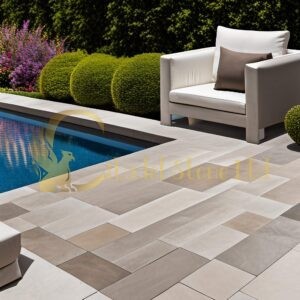
Clay brick pavers offer a timeless appeal with their rich, colorfast shades that resist fading even under Arizona’s intense sun. Their natural durability and ease of maintenance make them a steadfast option for walkways and patios. These pavers lend a classic charm to any outdoor setting while being uniquely adept at handling the Arizona climate.
Revealing the Perfect Paver: A Comprehensive Guide to Pros & Cons
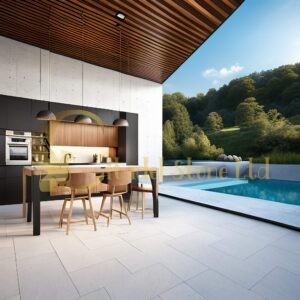
Choosing the ideal paver for your Arizona landscape goes beyond aesthetics. While all paver types offer a stylish upgrade, each boasts unique advantages and considerations. Let’s delve into the pros and cons of the most popular paver materials to help you make an informed decision:
1. Concrete Pavers:
Pros:
- Cost-Effective: Concrete pavers offer the most budget-friendly option compared to natural stone or clay brick.
- Durable & Versatile: They are not as durable as natural stones. Their strength, resisting cracking, chipping, and harsh weather conditions might be not suitable for your needs. Available in a few colors, shapes, and textures.
- Low Maintenance: These pavers require certain level of maintenance on a yearly basis. constant cleaning and occasional resealing for optimal color retention is required.
Cons:
- Heat Retention: Concrete pavers can absorb and retain heat, potentially becoming uncomfortable underfoot in Arizona’s scorching summers. Lighter colored options might mitigate this issue.
- Limited Resale Value: While durable, concrete pavers might not offer the same resale value boost as natural stone.
- Potential for Cracking: Improper installation or foundation issues can lead to cracking over time.
2. Natural Stone Pavers:

Pros:
- Unmatched Beauty: Natural stone pavers like elegant granite for serene outdoor retreats, travertine, and flagstone for personalized designs offer unparalleled elegance and a timeless aesthetic that complements any architectural style.
- Durability & Longevity: These pavers are incredibly strong, naturally resistant to wear and tear, and can last for generations with proper care.
- Increased Property Value: Natural stone pavers are a significant investment that can significantly enhance your property’s curb appeal and resale value.
Cons:
- Higher Cost: Natural stone is typically the most expensive paver option due to its inherent beauty and durability.
- Installation Considerations: Installing natural stone requires experienced professionals due to the material’s weight and potential variations in size and thickness.
- Maintenance Needs: Depending on the stone type, natural pavers might require occasional sealing and cleaning to maintain their luster.
3. Clay Brick Pavers:
Pros:
- Eco-Friendly: Clay bricks are a sustainable choice, manufactured from natural materials and often locally sourced.
- Durability & Color Options: Clay pavers are remarkably strong, resisting cracking and fading for decades. They come in a wide range of colors, allowing for unique design patterns.
- Heat Resistance: Clay bricks naturally reflect heat, making them a cooler option for Arizona’s hot summers compared to concrete.
Cons:
- Size & Color Variations: Due to the natural composition of clay, these pavers may exhibit slight variations in size and color, which some might consider a drawback.
- Installation Expertise: Proper installation is crucial for clay pavers to prevent settling or uneven surfaces. Consider hiring experienced professionals for optimal results.
- Porosity: Clay pavers are somewhat porous and might require periodic sealing to prevent staining.
A Guide to Ideal Uses for Every Type Introducing the Ideal Paver:

Selecting the ideal paver for your Arizona landscape goes beyond aesthetics. While visual appeal is certainly important, different paver types excel in specific functionalities. Understanding these strengths will ensure a beautiful, long-lasting, and functional outdoor space. Here’s a detailed breakdown of the ideal uses for each paver type with valuable information:
Concrete Pavers: The Workhorses of Outdoor Design
- Durability Champions: Concrete pavers reign supreme in high-traffic areas like driveways, walkways, and patios. Their exceptional strength allows them to withstand Arizona’s intense heat, harsh UV rays, and even the occasional monsoon downpour. This makes them a cost-effective option for areas experiencing significant wear and tear.
Natural Stone Pavers: A Touch of Timeless Elegance
- Unmatched Beauty: Indulge in the natural splendor of Arizona with stunning natural stone pavers. These pavers, crafted from granite, flagstone, or limestone, elevate any outdoor space with their inherent beauty and unique variations in color and texture. They are particularly captivating around pool decks and walkways, where their elegance can be fully appreciated.
Clay Brick Pavers: Rustic Charm for Every Corner
- Warmth and Character: Imbue your outdoor space with a touch of rustic charm using clay brick pavers. These pavers lend a timeless appeal to pathways, garden borders, and even cozy outdoor living areas. Their naturally warm tones complement organic elements like plants and wood, creating a harmonious and inviting atmosphere.
Beyond the Basics: A Look at Additional Paver Types
This guide scratches the surface of the diverse paver universe. Here’s a glimpse into some other popular options, each with its own set of ideal uses:
- Travertine Pavers: Known for their smooth, light-colored surface, these pavers are perfect for creating a luxurious and expansive feel around pool areas and patios.
- Slate Pavers: Offering a distinctive cleft surface with natural variations in texture, slate pavers add a touch of drama and sophistication to walkways and entryways.
- Permeable Pavers: Eco-conscious homeowners can opt for permeable pavers, which allow rainwater to filter through, reducing runoff and promoting sustainable drainage solutions.
Remember: When making your final decision, consider factors like:
- Traffic Patterns: Will the area experience high foot traffic or vehicle use?
Climate: Is the material resistant to Arizona’s heat, sun, and occasional rain? - Maintenance: How much time and effort are you willing to dedicate to upkeep?
- Aesthetics: What style and ambiance do you want to create in your outdoor space?
By carefully considering these factors and the ideal uses of each paver type, you’ll be well on your way to selecting the perfect pavers for your Arizona dreamscape.
Conquering the Arizona Sun: Essential Maintenance Guide for Long-Lasting Pavers

Arizona’s vibrant beauty comes hand-in-hand with a unique climate that demands special care for your outdoor spaces. This includes your prized paver patio, walkway, or pool deck. Here’s a comprehensive guide to maintaining the longevity and captivating appearance of your Arizona tiles:
Understanding Your Arizona Pavers:
The first step to proper maintenance involves identifying the type of paver gracing your Arizona landscape. Here’s a breakdown of the most common materials and their specific needs:
- Concrete Pavers: These durable options are popular for their affordability and resilience. However, Arizona’s intense sun can accelerate wear on the sealant. Regular re-sealing (every 2-3 years) is crucial to protect against UV damage, staining, and water penetration.
- Natural Stone Pavers: These luxurious stones like travertine or flagstone add timeless elegance to your Arizona space. While naturally stain-resistant, gentle cleaning with a mild detergent and water is recommended to maintain their natural beauty. Harsh chemicals can damage the stone’s surface.
- Clay Brick Pavers: These earthy and charming pavers offer a classic aesthetic. Similar to natural stone, regular cleaning with a mild solution is ideal. Avoid using abrasive cleaners or pressure washers, which can erode the brick’s surface.
Arizona-Specific Maintenance Strategies:

- Seasonal Cleaning: Embrace Arizona’s distinct seasons! Schedule a thorough cleaning of your pavers at the beginning and end of the monsoon season (typically July-September) to remove accumulated dirt, debris, and potential plant growth.
- Sun Smart Sealing: As mentioned earlier, concrete pavers require periodic re-sealing to combat Arizona’s harsh sunlight. Choose a high-quality, UV-resistant sealant specifically designed for pavers in hot climates.
- Weed Warrior: Those pesky Arizona weeds can sprout between pavers, creating an unsightly appearance and potentially damaging the surface. Apply a natural weed control solution specifically formulated for hardscapes to prevent unwanted growth.
- Winter Woes: While Arizona winters are mild, occasional freezing temperatures can cause cracks in pavers that absorb water. Seal pavers before winter if you live in an area prone to freezing temperatures.
Beyond the Basics: Maintaining the “Wow” Factor
- Sand Savvy: Over time, the sand between slabs (often called polymeric sand) may erode or deteriorate. Regularly inspect the sand and reapply when necessary to ensure proper joint stability and prevent weed growth.
- Stain Removal Savvy: Arizona’s vibrant celebrations can sometimes lead to spills. Act quickly to address stains with a solution appropriate for your specific paver material. Consult a professional for stubborn stains.
- Embrace the Shine: For an extra touch of elegance, consider applying a natural stone enhancer (for natural stone pavers) to restore their shine and deepen their natural colors.
By following these Arizona-specific maintenance tips, you can ensure your tiles continue to be a source of pride and enjoyment for years to come. Remember, proper care not only extends the lifespan of your tiles but also maintains their visual appeal, adding value to your Arizona property. For expert advice on maintaining and enhancing your Arizona pavers, contact us today!
Case Studies and Testimonials
Real-life applications of these slabs across Arizona homes underscore their versatility and endurance. Success stories from satisfied homeowners, landscapers, and architects highlight the transformation of outdoor spaces, from revitalized patios to inviting garden paths, proving the lasting value and appeal of wisely chosen stone tiles.
Outdoor Paving Solutions Arizona

Selecting the right stone tiles for your Arizona home encompasses understanding the unique benefits and challenges of each type. By considering factors such as climate resilience, maintenance, and aesthetic preferences, homeowners and professionals can make informed decisions that result in beautiful, durable outdoor living spaces. With this comprehensive guide, we invite you to explore the possibilities and take the first step towards enhancing your home’s landscape with confidence.
References and Further Reading
For those seeking deeper insights into landscaping and stone tiles in Arizona, a host of authoritative sources and further reading materials are available. These resources provide valuable information to expand your knowledge and inspire your next project.
We encourage readers to engage further with the topic, whether by downloading our free paver maintenance checklist or contacting our team for professional advice. Together, we can achieve the perfect balance of beauty and functionality in your outdoor spaces, tailored to withstand the unique challenges of the Arizona climate.

